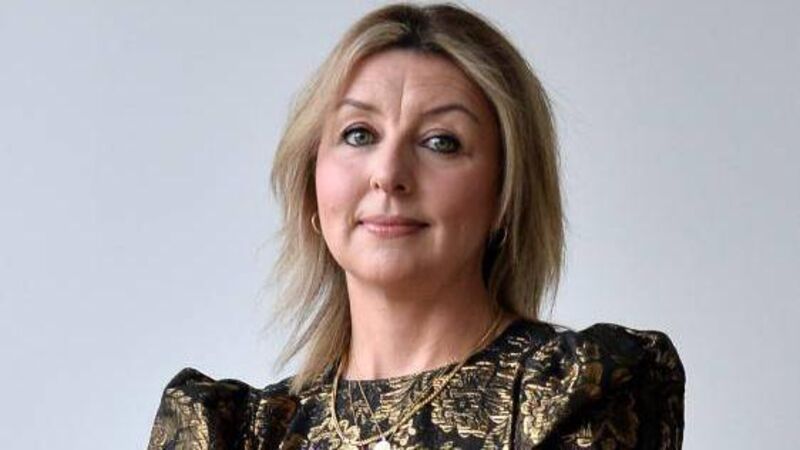Edel Coffey: Ageing for men and women has always been different

Edel Coffey: Instead of lists of the ‘best 30 under 30’, it’s equally important that we see lists of the ‘best 50 over 50’, or ‘60 over 60’
Try from €1.50 / week
SUBSCRIBE
Edel Coffey: Instead of lists of the ‘best 30 under 30’, it’s equally important that we see lists of the ‘best 50 over 50’, or ‘60 over 60’
Ageing for men and women has always been different. Despite the fact that women live longer than men, we seem to begin to age much earlier, much more intensely, and at a greater rate than our male counterparts. It’s like we’re living life in dog years, and age seven years for every year a man ages.
Take the example of the adult entertainment industry, as it was once quaintly known. In The Butterfly Effect, Jon Ronson’s podcast investigating the industry, he reported that female porn actresses had to endure a fallow period in their careers, usually around their late twenties. Why? Because they were too old (yes, you read that right) to play naughty school girls anymore but still too young to play MILFs so they had to wait in the wilderness for a few years until they could fit into a new female stereotype.
Already a subscriber? Sign in
You have reached your article limit.
Annual €130 €80
Best value
Monthly €12€6 / month
Introductory offers for new customers. Annual billed once for first year. Renews at €130. Monthly initial discount (first 3 months) billed monthly, then €12 a month. Ts&Cs apply.
Newsletter
The best food, health, entertainment and lifestyle content from the Irish Examiner, direct to your inbox.

Our team of experts are on hand to offer advice and answer your questions here
Newsletter
The best food, health, entertainment and lifestyle content from the Irish Examiner, direct to your inbox.
© Examiner Echo Group Limited